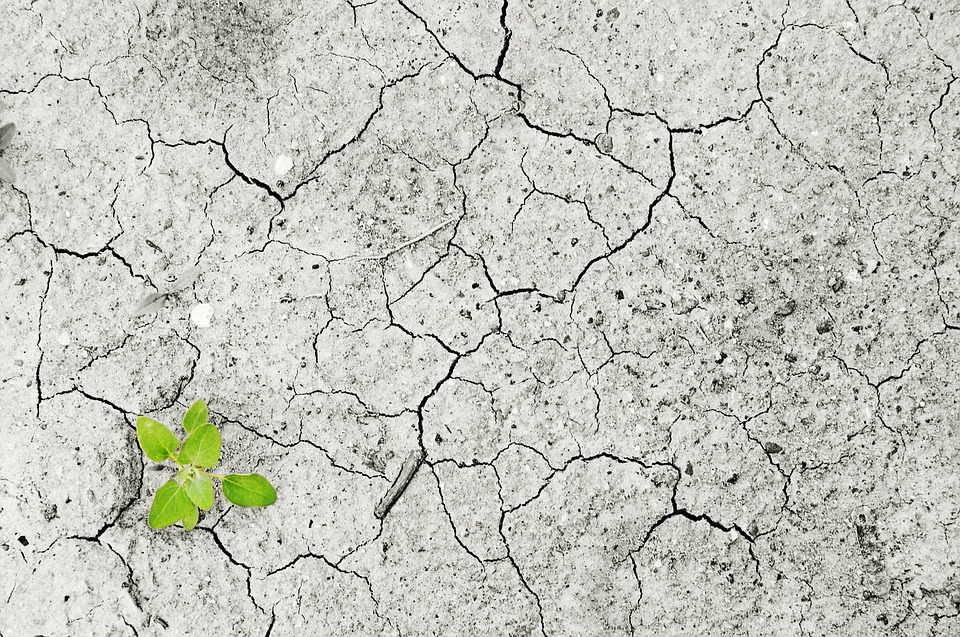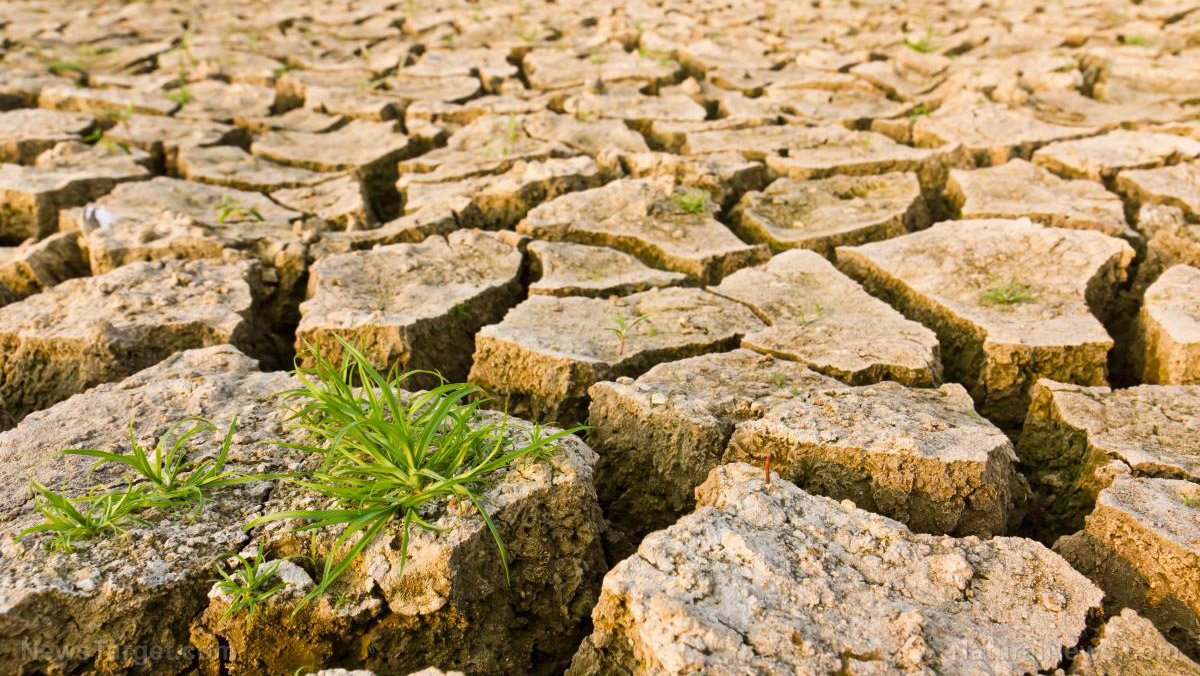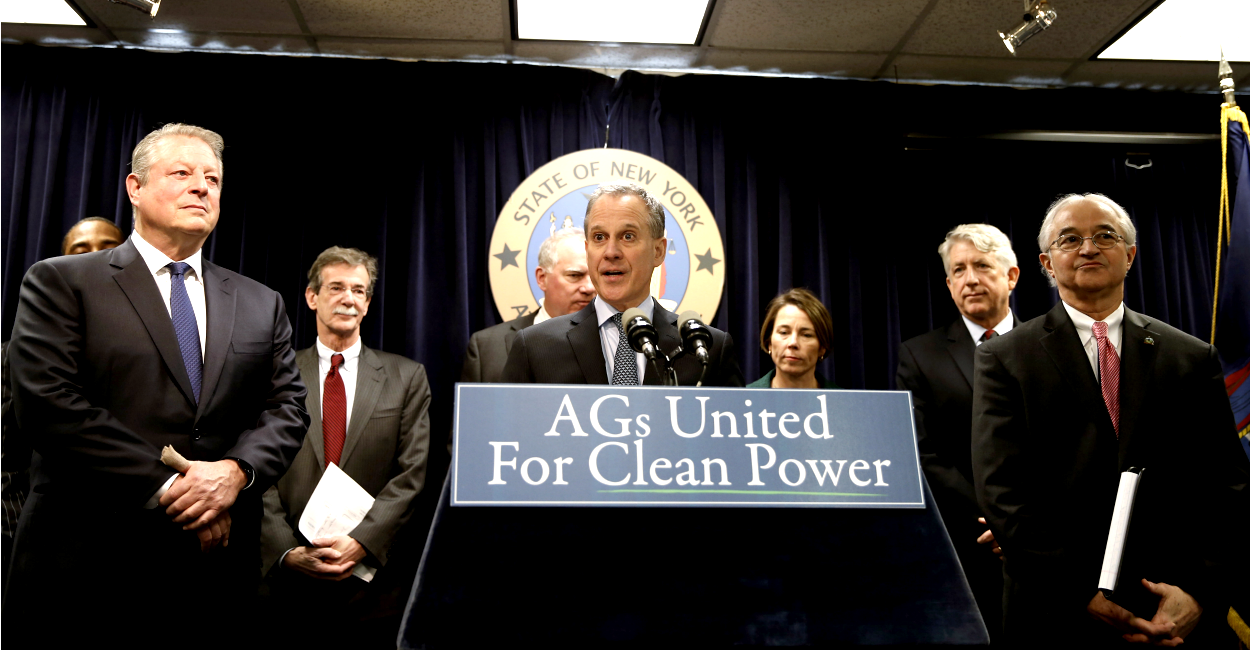Scientific American to begin using term ‘climate emergency,’ says it ‘agreed with major news outlets worldwide’ to do so
04/14/2021 / By News Editors

Scientific American — the longtime publication that covers the “intersection of science and society” — announced Monday that it will begin using the term “climate emergency” in its coverage of climate change.
(Article by Dave Urbanski republished from TheBlaze.com)
In publishing the op-ed “We Are Living in a Climate Emergency, and We’re Going to Say So,” senior editor Mark Fischetti called attention to the magazine’s decision, which insists that “this is a statement of science, not politics.”
A Scientific American tweet added that it “agreed with major news outlets worldwide” in enacting the “climate emergency” terminology:
Scientific American has agreed with major news outlets worldwide to start using the term “climate emergency” in its coverage of climate change. Read our statement about this decision, and the impact we hope it can have throughout the media landscape. https://t.co/ccpALIvpxe
— Scientific American (@sciam) April 12, 2021
What else does Scientific American have to say?
The magazine said that adopting the term “climate emergency” is “not a journalistic fancy. We are on solid scientific ground.”
The op-ed went on to cite a January article from its pages that noted “more than 11,000 scientists from 153 countries had signed a report to signify their agreement that the world is facing a climate emergency that requires bold action. As of April 9, another 2,100 had signed on.”
The magazine, further citing the article, said that as of January, “1,859 jurisdictions in 33 countries have issued climate emergency declarations covering more than 820 million people.”
Fischetti wrote that “journalism should reflect what science says: the climate emergency is here.”
What does the magazine’s statement say?
The op-ed included Scientific American’s formal statement:
April 12, 2021
From Covering Climate Now, Scientific American, Columbia Journalism Review, the Nation, the Guardian, Noticias Telemundo, Al Jazeera, Asahi Shimbun and La Repubblica:The planet is heating up way too fast. It’s time for journalism to recognize that the climate emergency is here.
This is a statement of science, not politics. Thousands of scientists—including James Hansen, the NASA scientist who put the problem on the public agenda in 1988, and David King and Hans Schellnhuber, former science advisers to the British and German governments, respectively—have said humanity faces a “climate emergency.”
Why “emergency”? Because words matter. To preserve a livable planet, humanity must take action immediately. Failure to slash the amount of carbon dioxide in the atmosphere will make the extraordinary heat, storms, wildfires and ice melt of 2020 routine and could “render a significant portion of the Earth uninhabitable,” warned the January Scientific American article.
The media’s response to COVID-19 provides a useful model. Guided by science, journalists have described the pandemic as an emergency, chronicled its devasting [sic] impacts, called out disinformation and told audiences how to protect themselves (with masks and social distancing, for example).
We need the same commitment to the climate story. As partners in Covering Climate Now, a global consortium of hundreds of news outlets, we will present coverage in the lead-up to Earth Day, April 22, 2021, around the theme “Living Through the Climate Emergency.” We invite journalists everywhere to join us.
How did folks react?
The response to Scientific American’s announcement on Twitter that it will begin using the term “climate emergency” was a mixed bag. Some commenters heartily agreed with the magazine, while others did not.
One user wrote “this is so scary; you can blame the Republicans for destroying our planet,” while another commenter replied, “Please do explain how that is? Also any peer reviewed papers you’ve written on the subject of how a political party is responsible for the climate of Earth.” Another user quipped, “Still waiting for Al Gore’s predictions to come true.”
Read more at: TheBlaze.com and ClimateAlarmism.news.
Tagged Under: carbon dioxide, Climate, climate change, climate emergency, conspiracy, Journalism, lies, mainstream media, propaganda, scientific american
RECENT NEWS & ARTICLES
COPYRIGHT © 2017 CLIMATE SCIENCE NEWS





















